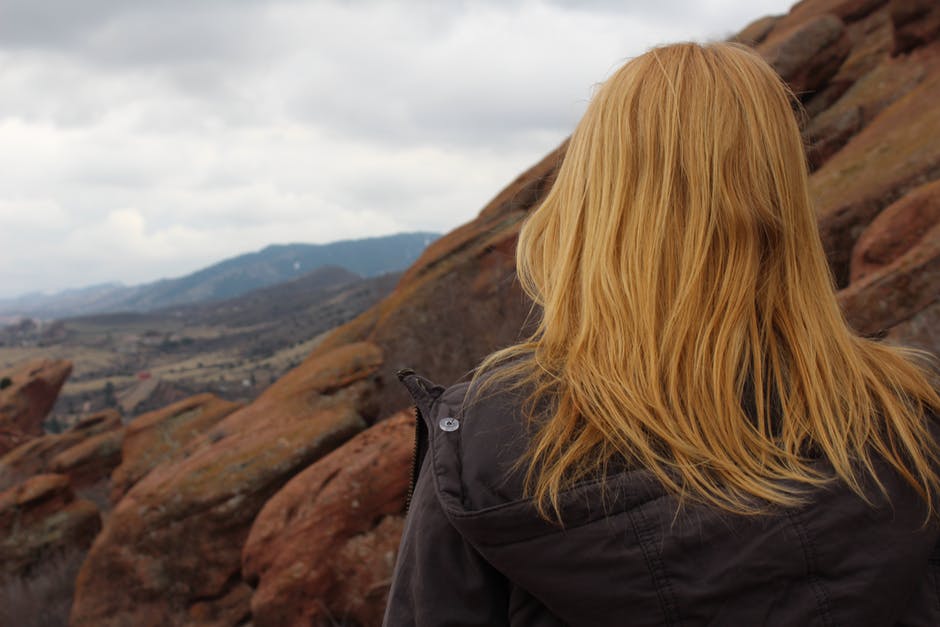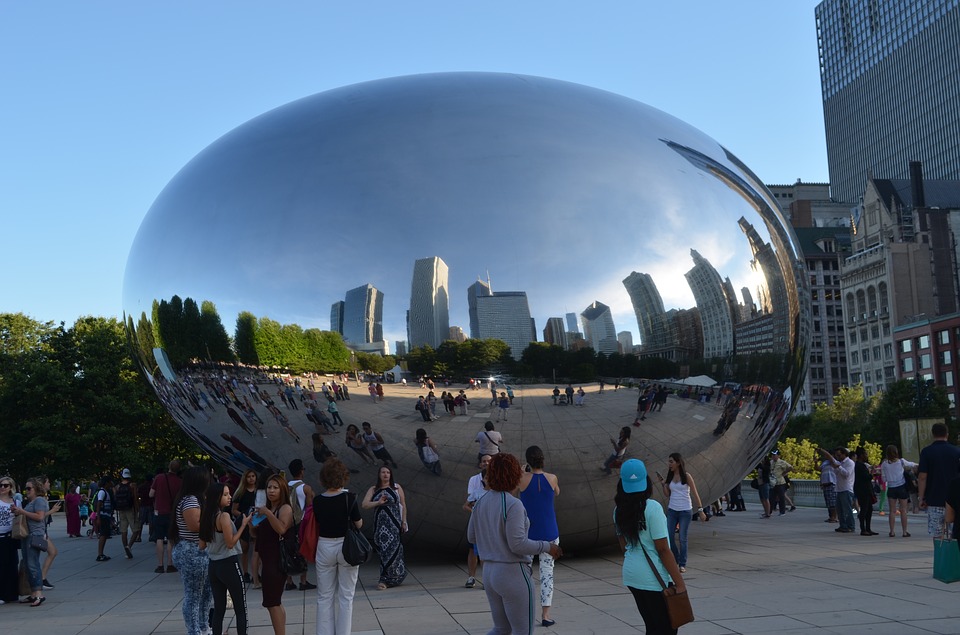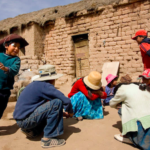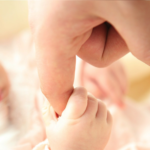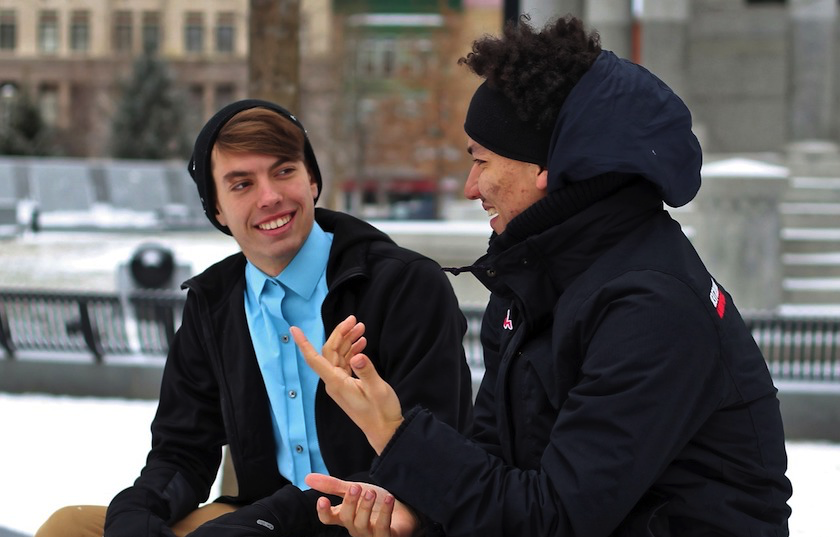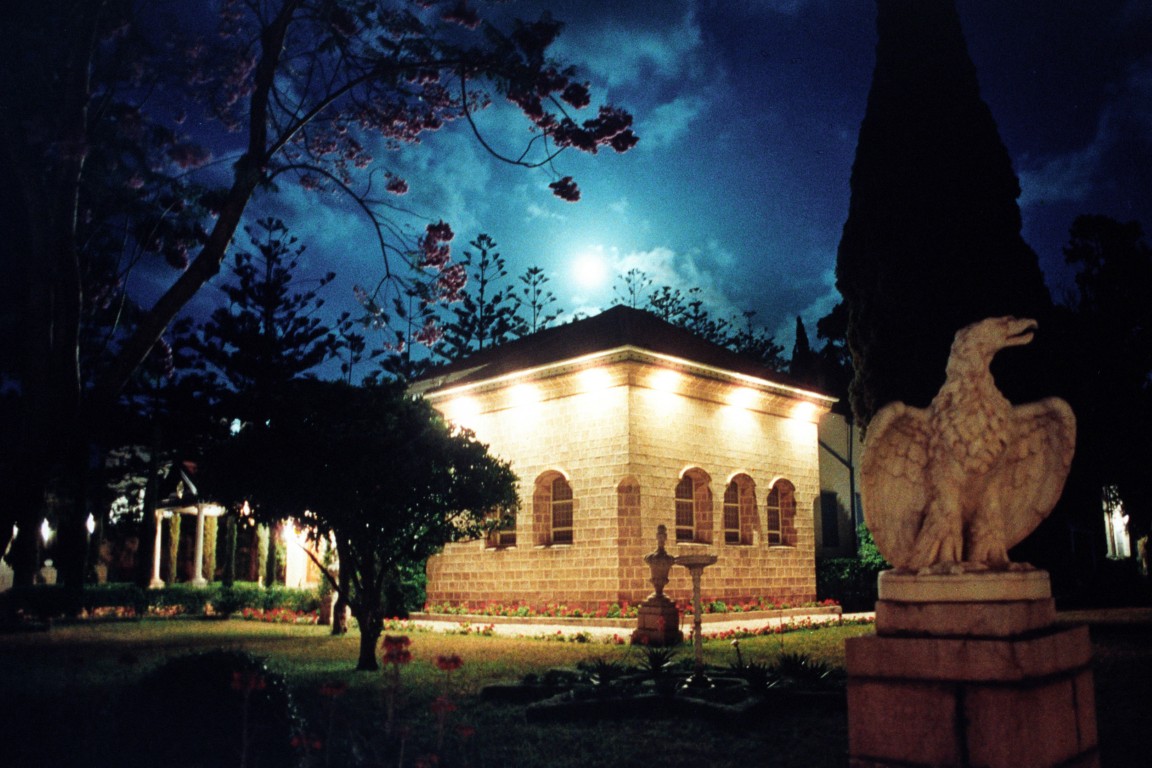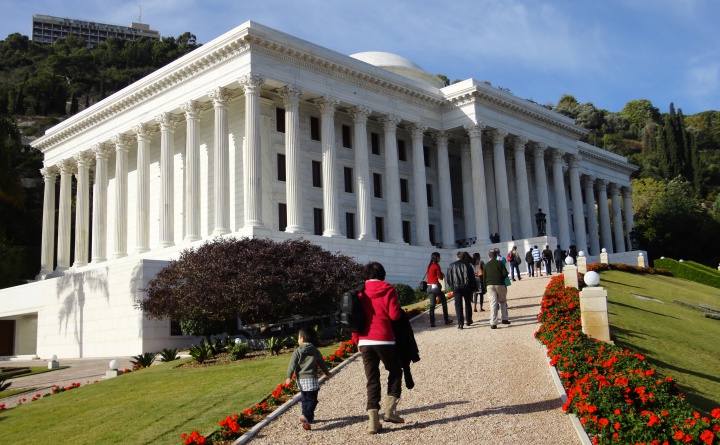
Religious Institutions for the Era of Human Maturity

Bahá’u’lláh established a new faith. What would its institutions be like? In accordance with the wide ranging reforms across Bahá’u’lláh’s teachings – the religious institutions he designed are entirely new. In this article, these institutions are described. Future posts will explore complementary transitions in the nature of community life and the role of the individual. These also change in the age of maturity – as does the relationship between each of these three actors in society.
Bahá’u’lláh does not adopt familiar religious models for the religious institutions he establishes. Indeed it is itself unique that he explicitly establishes, in his own writings, the institutions that are to administer the Baha’i community after his passing.
Bahá’u’lláh does not establish a clergy. No class of people was created with power to administer sacraments or perform sacred rituals. Nor was any form of monasticism provided for. There is no class of “spiritual guides”. Nor does the Baha’i Faith have any theologians or specially commissioned religious scholars with authority to make religious rulings. The Baha’i Faith is composed of an entirely lay community.
At the heart of the Baha’i institutions created by Bahá’u’lláh is the international governing body of the Baha’i Faith, the Universal House of Justice. This institution is elected every five years by secret ballot by the elected national representatives of Baha’i communities from around the world. These national representatives, are in turn themselves elected by the elected local representatives of the Baha’is of the world. In the last election, held in 2013, the Universal House of Justice was elected by over 1000 Baha’is, the national representatives of 157 countries.
At local and national level – spiritual assemblies (or Houses of Justice) are similarly elected by the members of the Baha’i community to administer respectively national and local Baha’i communities.
The oneness of humanity is at the heart of Bahá’u’lláh’s teachings. In accordance with this principle – the institutions he creates are not only called to consider the well-being of members of the Baha’i community. They are also called to promote the welfare of all human beings.
The Lord hath ordained that in every city a House of Justice be established wherein shall gather counselors to the number of Bahá [i.e. 9], and should it exceed this number it doth not matter. … It behooveth them to be the trusted ones of the Merciful among men and to regard themselves as the guardians appointed of God for all that dwell on earth.
Similarly, among the responsibilities of the Universal House of Justice is:
… to ensure the protection and safeguarding of men, women and children. It is incumbent upon them to have the utmost regard for the interests of the people at all times and under all conditions.[2]
In the article on Good Government, it is noted that this same focus on responsibility for the welfare of all human beings, is also what Bahá’u’lláh recommends to parliaments.
Implications of Human Maturity
The absence of clergy reflects the reality of the changes that have overtaken humanity in the last two centuries. Whereas the majority of human beings were illiterate in the past – now virtually everyone can read and write – and knowledge is widely available. In the era of human maturity, we don’t really need the kinds of intermediaries that were common in the past.
Also, religious decision making has often in the past, been grounded on determining the meaning of the received religious corpus. In such a context, change can only come through changing the interpretation. This may give rise to excessive rigidity and when change arrives, contribute to discord as what was previously “right” becomes “wrong”.
Decision making by Baha’i institutions is not grounded on interpretation – not in the sense of interpreting the meaning of texts. Decision making is grounded on authority to apply the Baha’i teachings to any given situation. It is simply the authority to administer and to lead collective decision making. Moreover change is explicitly written by Bahá’u’lláh into the structure of Baha’i administration.
Inasmuch as for each day there is a new problem and for every problem an expedient solution, such affairs should be referred to the House of Justice that the members thereof may act according to the needs and requirements of the time.[3]
Another dimension of the Baha’i institutions is that they are consultative in nature. No Individual alone has the power of decision. This also has implications for human maturity. As Bahá’u’lláh states in the context of secular leadership:
One of the signs of the maturity of the world is that no one will accept to bear the weight of kingship. Kingship will remain with none willing to bear alone its weight. That day will be the day whereon wisdom will be manifested among mankind.[4]
In the context of Baha’i decision making – no individual is entitled to dominate the affairs of the Baha’i community or impose their will on the community. This implies a certain maturity in decision making. It requires ways of being and relationships that are not always easy to attain. A struggle for power by one individual or group of individuals against another is entirely foreign to the Baha’i consultative process. We have already explored Abdu’l Baha’s spiritual metaphor for consultation. Abdu’l Baha also described the nature of consultation in practical terms as follows.
They must, when coming together, turn their faces to the Kingdom on high and ask aid from the Realm of Glory. They must then proceed with the utmost devotion, courtesy, dignity, care and moderation to express their views. They must in every matter search out the truth and not insist upon their own opinion, for stubbornness and persistence in one’s views will lead ultimately to discord and wrangling and the truth will remain hidden. The honored members must with all freedom express their own thoughts, and it is in no wise permissible for one to belittle the thought of another, … and should differences of opinion arise a majority of voices must prevail, and all must obey and submit to the majority. It is again not permitted that any one of the honored members object to or censure, whether in or out of the meeting, any decision arrived at previously, though that decision be not right, for such criticism would prevent any decision from being enforced. In short, whatsoever thing is arranged in harmony and with love and purity of motive, its result is light, and should the least trace of estrangement prevail the result shall be darkness upon darkness.… [5]
So far we have discussed the decision making bodies of the Baha’i Faith. In addition, the Baha’i Faith also possesses institutions of learning – institutions whose mandate is essentially educational. Known as the “Institution of the Counsellors” these operate under the aegis of the Universal House of Justice – at global, continental and local level. They have evolved, in accordance with decisions of the Universal House of Justice, from the office of “Hands of the Cause”, examples of which we have already seen in Martha Root, George Townshend and Louis Gregory. Individuals serving in this institution have no priestly function nor any executive function – nor any right to render authoritative interpretations of the Baha’i teachings. The essential character of the role is captured by the following:
Counsellors and their auxiliaries bring to bear … their ability as individuals of proven devotion and consecrated spirit. Similarly, they play a vital part in encouraging the friends and in fostering individual initiative, diversity and freedom of action. In their endeavours they strive to follow in the footsteps of the Hands of the Cause, whom ‘Abdu’l-Bahá called on “to diffuse the Divine Fragrances, to edify the souls of men, to promote learning, to improve the character of all men and to be, at all times and under all conditions, sanctified and detached from earthly things.”[6]
In future articles a discussion will be offered of the implications for the role of the individual and the nature of community of the era of human maturity.
Women and men play an equal role in the institutional life of the Baha’i community and the highest individual rank that can be held in the Baha’i Community (membership of the International Teaching Centre), is an office held by both men and women. The membership of the Universal House of Justice, Bahá’u’lláh confines to men, although women participate equally in the election of the Universal House of Justice. This from time to time occasions comment. The only thing that can be stated with certainty, is that Abdu’l Baha has stated that the reason will become apparent at some time in the future. It may also be observed that it would be a distortion to see this question through the lens of the ordination of women. The Baha’i Faith has its own history and tradition, which is quite different to the context of other traditions. There is no clergy to ordain within the Baha’i community – no clerical class from which women are excluded. Further there has never been the idea within the Baha’i teachings that women are unequal to men or that women don’t have the right to speak or lead in Baha’i community life. Martha Root, among many others, is an example of Baha’i women in public leadership roles from the earliest days of the Baha’i Faith. As a practical matter women and men contribute equally at every level of the Baha’i Faith, from the global to the local and the Baha’i community has built a clear record of ongoing practice, action and advocacy to foster equality in accordance with its core principle of the equality of men and women.
Image: The seat of the Universal House of Justice, Mt Carmel, Haifa, Israel.
(This article is the 65th in a series of what I hope will be 200 articles in 200 days for the 200th anniversary of the birth of Bahá’u’lláh. The anniversary is being celebrated around the world on 21 and 22 October 2017, The articles are simply my personal reflections on Bahá’u’lláh’s life and work. Any errors or inadequacies in these articles are solely my responsibility.)
